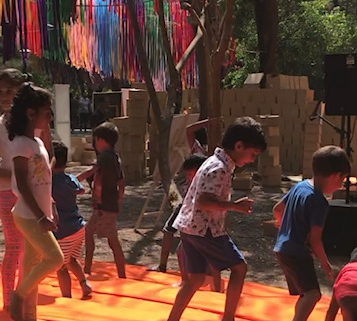International Women’s Day 2020
Rehumanizing Ourselves
What allows us to thrive as human beings are conditions of equality and inclusion, conditions of respect, condition that provide opportunities for growth and belonging, and conditions that enable us to find and fulfil our purpose! Dehumanization is the stripping away of these. To dehumanize someone is to take away her dignity. The cruel irony is when we dehumanize the other, we dehumanize ourselves.
The answer to why we treat others unequally is often found in our own fear of them. Whether it is fear of a certain group of people, of a gender, of a demographic, or of a religion, the roots of inequality are invariably located in our fear of the other. There is no way out of this but to acknowledge the other and make every effort to reach out and engage with them through empathy and compassion. In so doing, we begin to rehumanize both the other and ourselves.
It is frightening how dehumanizing narratives survive and live on for centuries through cultural orthodoxies. These narratives are deeply pervasive, and seep into the assumptions we make, the conversations we have, the actions we take, and the behaviors that we display. They serve to prop up and legitimize the deep fear we carry in our hearts, and consequently the inequality that the fear breeds. Unlike public opinion, these narratives are hard to change as they are deeply ingrained in collective memory and hence in our behaviour. In turn, our shaped behaviour ends up reinforcing the storyline thereby getting us into a vicious tangle of self-fulfilling prophecies.
We have come a long way from the year 1911 when the first International Women’s Day was held. There are new policies and regulations in place for more equality. But the dehumanization narrative continues to a very extent in our workplaces and societies. Unless we begin to rehumanize our relationships in our families, in our workplaces and in the larger society we are a part of, the work will always remain unfinished. To rehumanize begins with deeply caring about the other because that is the only way we acknowledge the inequality. The problem is not just in the structures in our workplaces and societies, but in the very way we think and feel.
This is a momentous time in our history and the choices we make now will determine the future that we build. For the first time, the rehumanization of our workplaces and of our leadership is not just a liberal idea that feels good. It is imperative that we change, because the very survival of our species is at stake.



